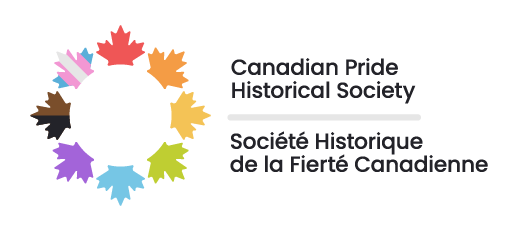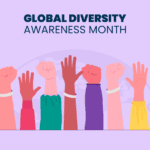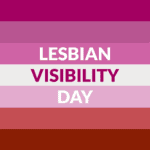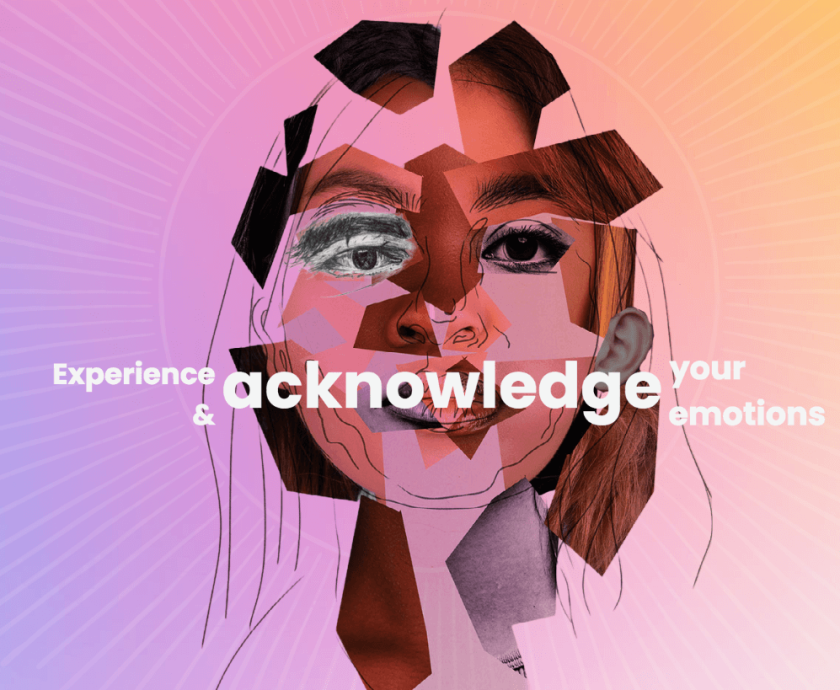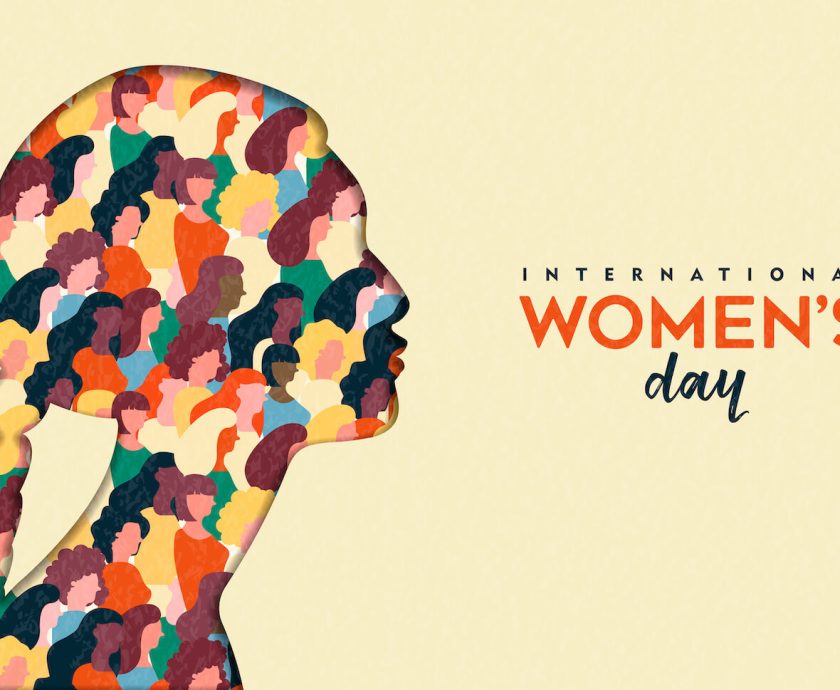April 6th is International Asexuality Day, a time for us all to come together to recognize the beauty and vibrancy of the Asexual community, uplift Asexual voices, and raise awareness of the many challenges Asexual people face due to living as themselves. Asexuals have always been an inextricable facet of the 2SLGBTQIA+ community, and we must take this day to reaffirm that fact.
International Asexuality Day is a relatively new event in the 2SLGBTQIA+ calendar, with the first one having taken place in 2021. The occurrence was designed as a compliment to other Ace occasions, such as Asexual Week in late October. In contrast to events like that, International Asexuality Day specifically focuses on Ace experiences outside of the Western, Anglophone world, where most of the discussion of Ace issues has so far been focused. In keeping with this mission, the founding of International Asexuality Day was a collaboration between organizations from around the world, and the day is thus celebrated globally. The date of April 6th was chosen due to it not conflicting with any other significant dates around the world, although it does occasionally overlap with Autism Awareness Week—however, considering that there is a vibrant Autistic Asexual community, this might be a happy accident. In addition, choosing April 6th also adds an Asexuality-focused date to the first half of the year, a time frame which had previously been barren.
‘Asexual’ can be broadly defined as a person who feels little to no sexual attraction, and is most accurately seen as a spectrum or an ‘umbrella term’ that encapsulates a vast array of lived experiences. While all Asexual folks share that common thread, there is a great diversity of ways Ace folks relate to attraction of all sorts. Sexual attraction is simply defined as feeling a desire or ‘pull’ to engage in sexual activity with someone, but the degree to which someone experiences it doesn’t necessarily correlate with their participation in sexual activity. Some Ace folks are ‘sex-repulsed,’ meaning any sort of sexual activity is of no interest whatsoever, while others are ‘sex-positive,’ meaning they are happy to engage in—and might even enjoy—sexual activity. More Aces still fall somewhere in between. An Asexual person’s enjoyment of or willingness to participate in sexual activity has absolutely no bearing on their identity—Ace people are Asexual regardless.
Another point of importance is the fact that Asexuality and Aromanticism are not inseparably linked—although the two communities do share a lot of experiences and challenges, and tend to be close. Aromantic Asexual folks (often called Aroaces) do exist and are a crucial, valued part of the Asexual community, but many Asexuals do feel romantic attraction and are equally important and valued to their community. Furthermore, many Aroaces see their Asexuality as distinct from their Aromanticism, just as many Aroaces see them as linked. Both experiences are extremely valid, and just go to show that the experience of romantic attraction—or the lack of it—does not have any bearing on the validity of an Asexual identity.
One crucial component of International Asexuality Day is the call to raise awareness of the struggles that Asexual people face around the world. In addition to issues such as institutionalized discrimination like laws that rule marriages invalid in the absence of consummation and horrific ‘curative’ practices forced upon Asexual individuals, the dismissal if not outright denial of Ace identity and experiences is a massive problem. Asexuality has been called a mental illness, Asexual folks have been told they must not be able to feel any sort of love, and some people claim Asexuality does not qualify as a sexual orientation and/or that Asexuals experience straight privilege, and are not discriminated against whatsoever. This rhetoric comes from both the general population and the broader 2SLGBTQIA+ community, and it is something we must remain vigilant in noticing and calling out. Asexual folks are a critical part of the 2SLGBTQIA+ community, and we mustn’t tolerate this sort of behaviour from a community that is supposed to be safe and accepting. In regards to the theme of International Asexuality Day in particular, there is a distinct lack of resources regarding Ace experiences outside of the Anglo-sphere and the Western world in general. This is something that must be addressed, lest activism leave those it’s supposed to be advocating for behind.
One thing we can do to support the Asexual community is to keep talking about Asexuality and push for greater Asexual representation all year round, as well as calling out Acephobia whenever it rears its head. This International Asexuality Day, we must recommit ourselves to this task and ensure that we uplift Asexual voices not only today but every day.


